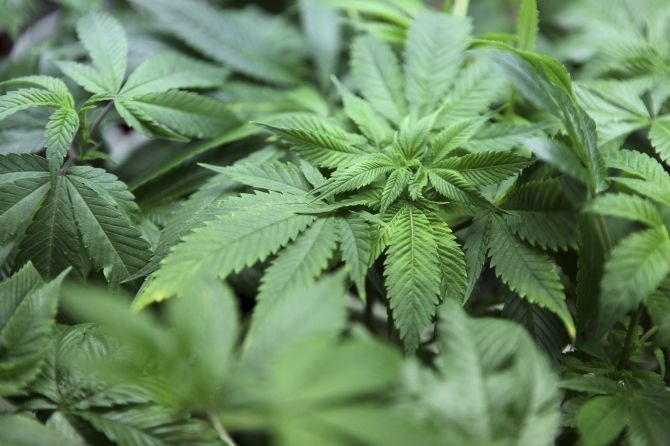UK Pharmaceutical Company Targets Obesity-Related Diseases With Cannabis

Researchers in the United Kingdom have found that two compounds from marijuana can suppress appetites, increase metabolism and raise the amount of fat that the body burns. Researchers are hopeful that the compounds can be used for drugs to target obesity-related illnesses.
Though marijuana is known more commonly for providing users with the “munchies,” two compounds, THCV and cannabidiol, have an appetite-suppressing effect. Though the effect of the appetite suppressants is temporary, scientists also found that the compounds affected the level of fat in the body and the body’s reaction to insulin.
Tests on animals have shown that the compounds have helped combat type 2 diabetes, lower cholesterol levels and fat in key organs. It also increased mice’s metabolism levels. Next, GW Pharmaceuticals are conducting trials on 200 patients whose diabetes, high blood pressure and obesity combine to create a higher risk for strokes and heart disease. The pharmaceutical company is conducting four trials, and expects to deliver results by the end of the year.
Despite cannabis’ present classification as an illegal drug, GW Pharmaceuticals has a special permit that allows them to grow the plant in a greenhouse. They are modifying the leaves in order to express increased amounts of the compounds, called cannabinoids.
United Kingdom is the second most obese country in the world, trailing the United States. In the United States, 35.7 percent of adults are classified as obese; a significant percentage of children have been diagnosed as obese as well. With the prevalence of fast food conglomerates, obesity is becoming an increasingly difficult issue in the developing world as well.
With its growing prominence, and the myriad of health issues related to the condition, obesity has seen quite a spike recently in the pharmaceutical arena. Last month, the FDA approved a weight loss pill called BELVIQ that aims to help obese people shed some weight, though it is unclear when the medication will hit the market.
Published by Medicaldaily.com



























